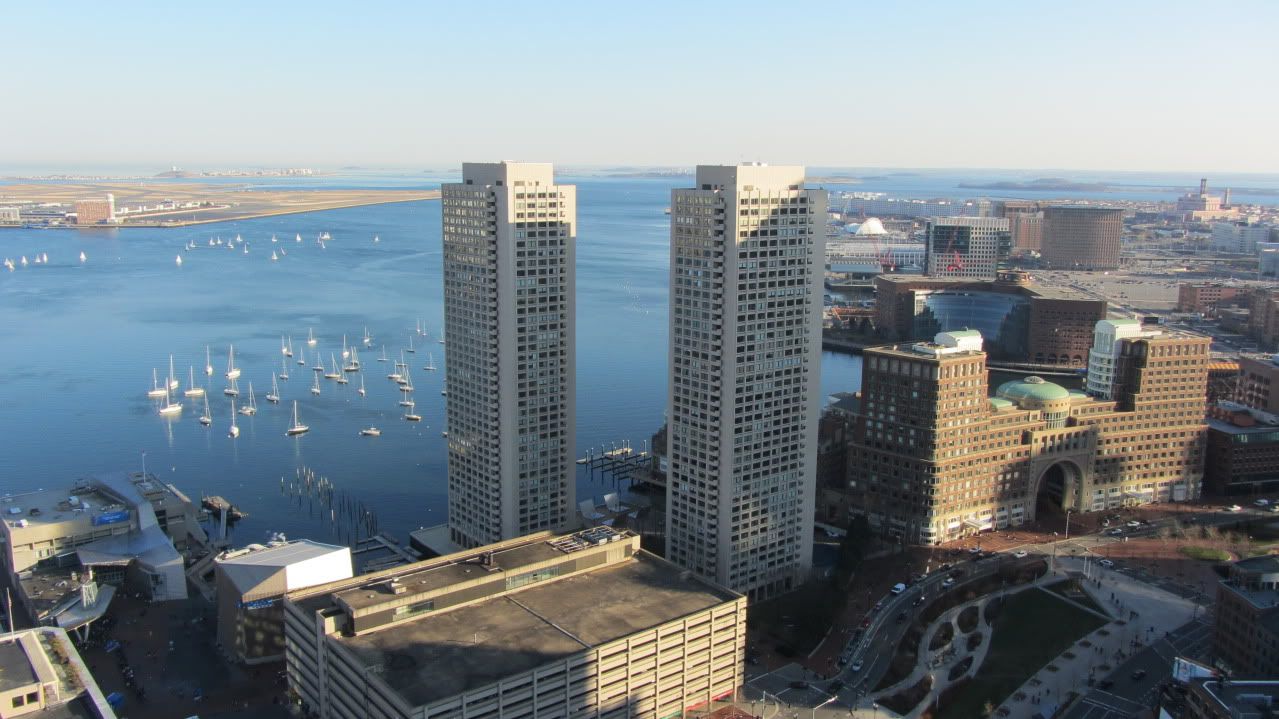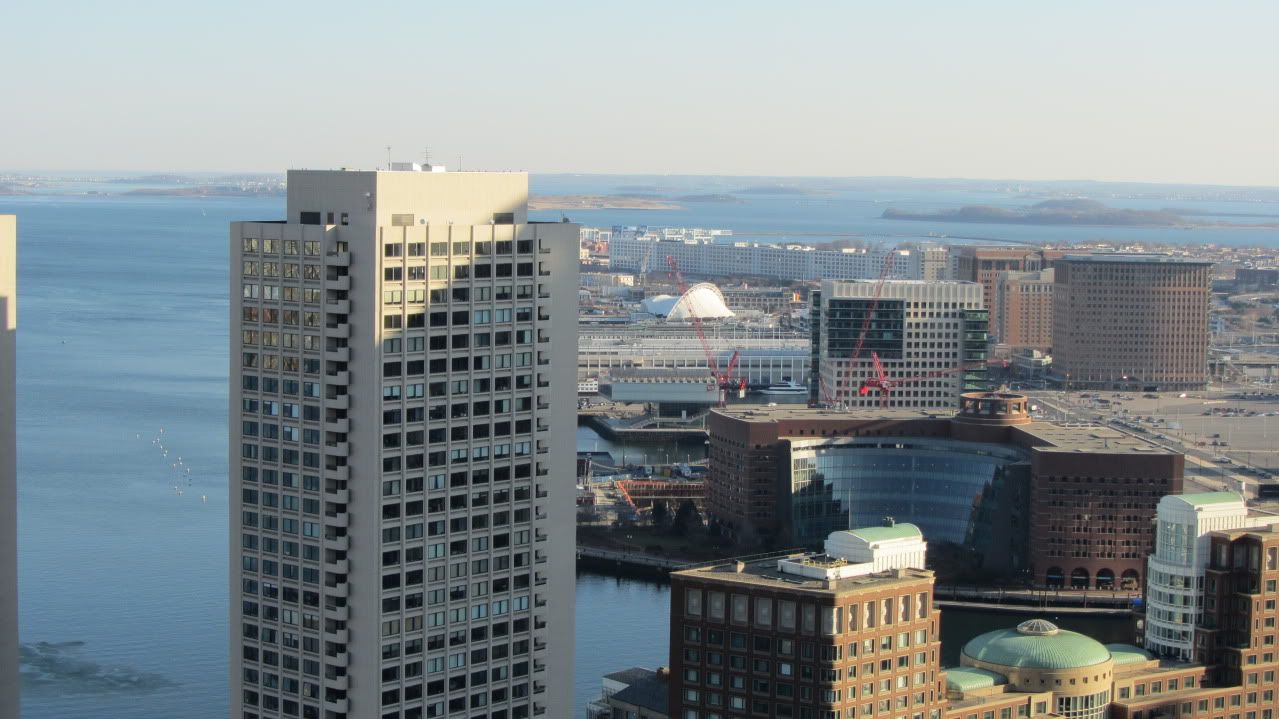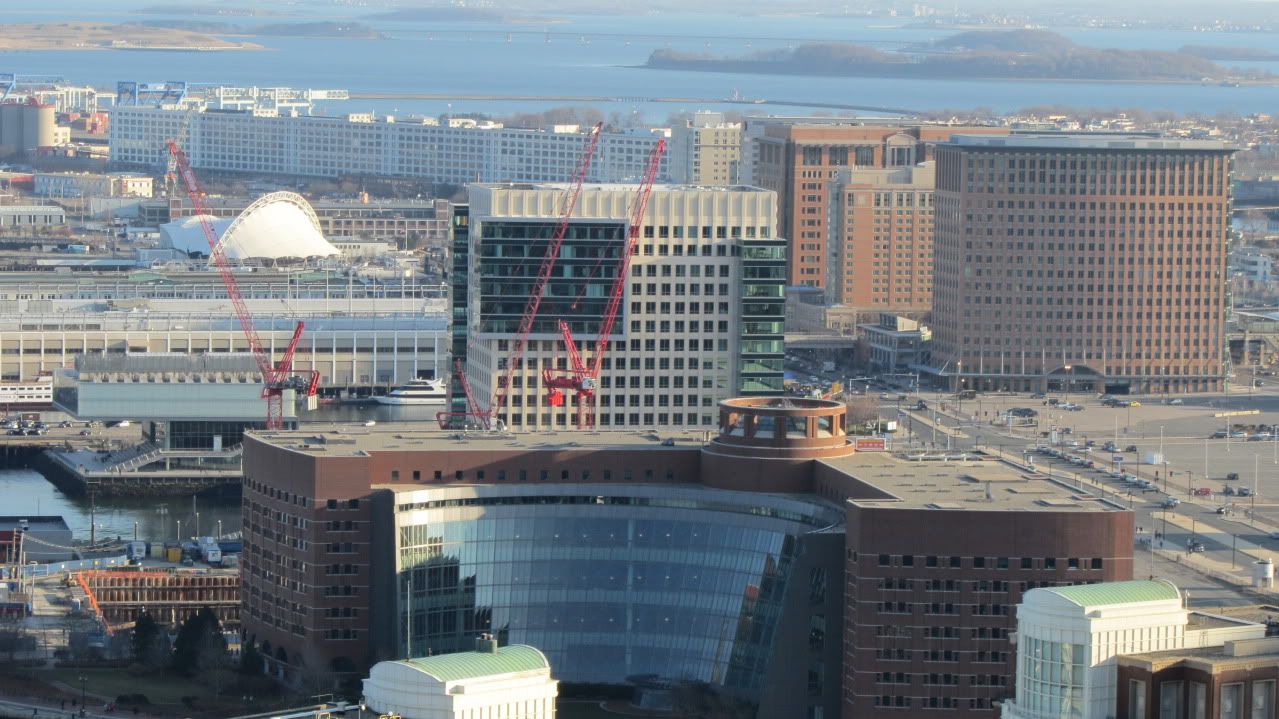TheRifleman
Banned
- Joined
- Sep 25, 2008
- Messages
- 4,431
- Reaction score
- 0
Re: Innovation Dist. / South Boston Seaport
Is Boston mixed in with Cambridge Ma to make that top 10 ranking? Cambridge is defintely the Biotech engine of the World which has become the one of the fastest growing industries over the last 5 years.
Besides the Non-profit hospitals located in the Longwood area expanding in research with Madoff money from Shapiro family. And Harvard, BU, BC and other college institutions expanding their campuses for R&D opportunities.
Where is the rest of the innovation coming from out of Boston Ma? Just curious.
Blade -- Depends on the nature of a start-up
I can't quite put my finger on the ref at this instant (perhaps it was ... ) -- but a a few years ago the two coasts were asked to rate themselves and each other
The gist of it:
by slightly different margins oth though Rt-128 possessed superior technology and technologists
SV overwhelmingly and Rt-128 slightly thought SV had superior marketing, market savy and business talent
Which is consistent with mature companies moving into the Hub for R&D and some local start-ups moving west for marketing and "fluff"
Anyway -- here's something which corroborates the above (not real familiar with the source)
http://www.smartplanet.com/blog/sma...ds-world-in-2010-paris-amsterdam-follow/10605
Top 10 innovative cities: Boston leads world in 2010; Paris, Amsterdam follow
By Andrew Nusca | September 10, 2010, 9:08 AM PDT
None other than Boston is the “top city of the global innovation economy” in 2010, according to a new study.
In its latest index, Australian analyst firm 2thinknow says Beantown leads the world in relative performance in the global innovation economy. That means the city’s actions to facilitate the growth of new industries are opening up a better economic opportunity for talent.
The index, which was published on Wednesday and first introduced in 2007, looks at innovation at the individual (creative), business (startups) and city levels.
Rounding out the global top three? Paris and Amsterdam.
Here’s a look at the firm’s Top 30 around the world:
Boston (USA)
Paris (France)
Amsterdam (Netherlands)
Vienna (Austria)
New York (USA)
Frankfurt (Germany)
San Francisco (USA)
Copenhagen (Denmark)
Lyon (France)
Hamburg (Germany)
Is Boston mixed in with Cambridge Ma to make that top 10 ranking? Cambridge is defintely the Biotech engine of the World which has become the one of the fastest growing industries over the last 5 years.
Besides the Non-profit hospitals located in the Longwood area expanding in research with Madoff money from Shapiro family. And Harvard, BU, BC and other college institutions expanding their campuses for R&D opportunities.
Where is the rest of the innovation coming from out of Boston Ma? Just curious.




